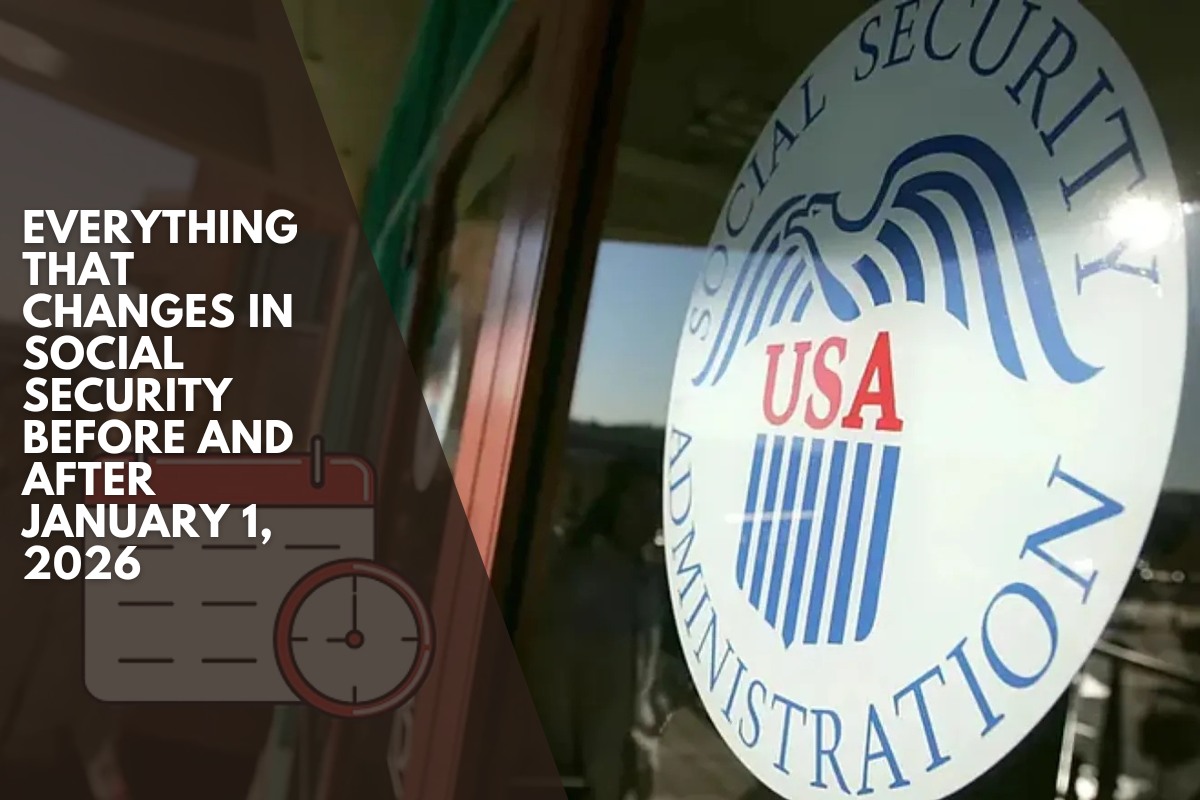Lawmakers have known for decades that US entitlement programs are on unsustainable paths as the population ages.
Attempts to find a solution have failed, but the expected insolvency of the Social Security and Medicare trust funds by 2034 will act as a catalyst, with the bond market forcing Congress to bite the bullet, according to Bernard Yaros, lead U.S. economist at Oxford Economics.
“These corrective actions will be painful for many households but are necessary to head off the risk of a fiscal crisis, whereby an abrupt, large decline in Treasury demand relative to supply sparks a sharp, sustained increase in interest rates,” he wrote in an email this month.
Despite lawmakers’ longstanding reluctance to confront the “third rail” of politics and address entitlements, he asserted that fiscal responsibility has been the rule, not the exception, throughout US history.
Yaros also stated that President Donald Trump’s policies during his second term indicate a “tightening bias” overall, assuming that his aggressive tariffs and Medicaid and food assistance cuts remain in place.
On Friday, a federal appeals court overturned the majority of Trump’s reciprocal tariffs, dealing a significant blow to the future of his trade policy. However, they will remain in place until mid-October to allow the Supreme Court to rule.
Social Security and Medicare Trust Funds
The trust funds’ insolvency in the coming decade will be a key driver for reforms, just as it was in the early 1980s, when lawmakers raised taxes to shore them up, Yaros said.
“For lawmakers to feel the urgency to take corrective fiscal action, voters need to connect the dots between the unsustainability of the federal budget and their own financial wellbeing,” as he said.
However, he predicts that the tightening that will occur in the 2030s will primarily take the form of cuts to non-discretionary programs such as Social Security, because discretionary spending accounts for a smaller share of total government outlays.
Without some reductions, the trust funds will run out of money, and retirees will face even more severe cuts, including a sudden 19% drop in Social Security benefits as payroll tax revenue becomes the sole funding source for entitlements.
“Therefore, a return to fiscal responsibility in the forecast will be more painful than in prior episodes as it will fall heaviest on federal transfer payments to individuals, which have historically been spared from past belt-tightening,” Yaros told reporters.
By mid-century, he expects the cuts to reduce fiscal transfers as a share of GDP to 11%, rather than rising to more than 15% without them.
But that doesn’t mean reform will be easy. To avoid causing financial hardship for voters, lawmakers may attempt to take a more politically expedient approach by allowing Social Security and Medicare to access general revenue that funds other parts of the federal government.
“However, unfavorable fiscal news of this sort could trigger a negative reaction in the US bond market, which would view this as a capitulation on one of the last major political openings for reforms,” according to Yaros. “A sharp upward repricing of the term premium for longer-dated bonds could force Congress back into a reform mindset.”
Bond Vigilantes
Bond investors have earned the nickname “bond vigilantes” from Wall Street veteran Ed Yardeni in the 1980s, owing to their ability to persuade lawmakers to change course.
The perceived power of bond vigilantes was famously demonstrated in the early 1990s, when U.S. yields soared as investors dumped Treasuries amid concerns about federal deficits, resulting in the Great Bond Massacre.
At the time, James Carville, an adviser to President Bill Clinton, expressed his desire to be reincarnated as the bond market, saying, “You can intimidate everyone.”
More recently, Trump noted bond market volatility when he put his most aggressive “Liberation Day” tariffs on hold in April following a massive selloff. According to economist Nouriel Roubini, “the most powerful people in the world are the bond vigilantes.”
However, analysts at Piper Sandler recently dismissed bond vigilantes’ ability to exert influence on politicians.
In a note issued on Tuesday in response to Trump’s unprecedented decision to fire Fed Governor Lisa Cook, they noted that the bond market did not prevent federal deficits from exploding and did not deter Trump from pursuing his tariff agenda.
“We find little evidence the market is forward looking or disciplines policy makers,” according to Piper Sandler.












